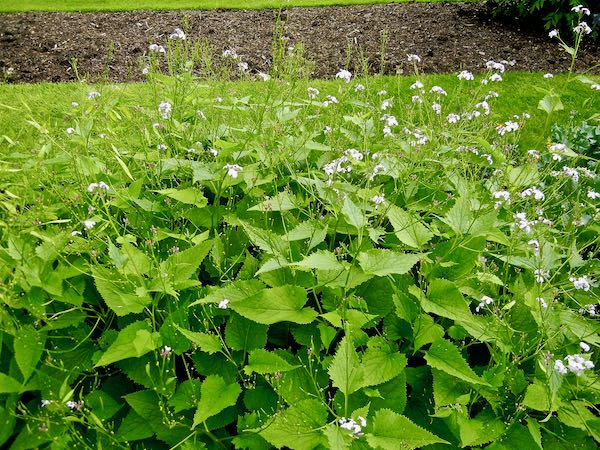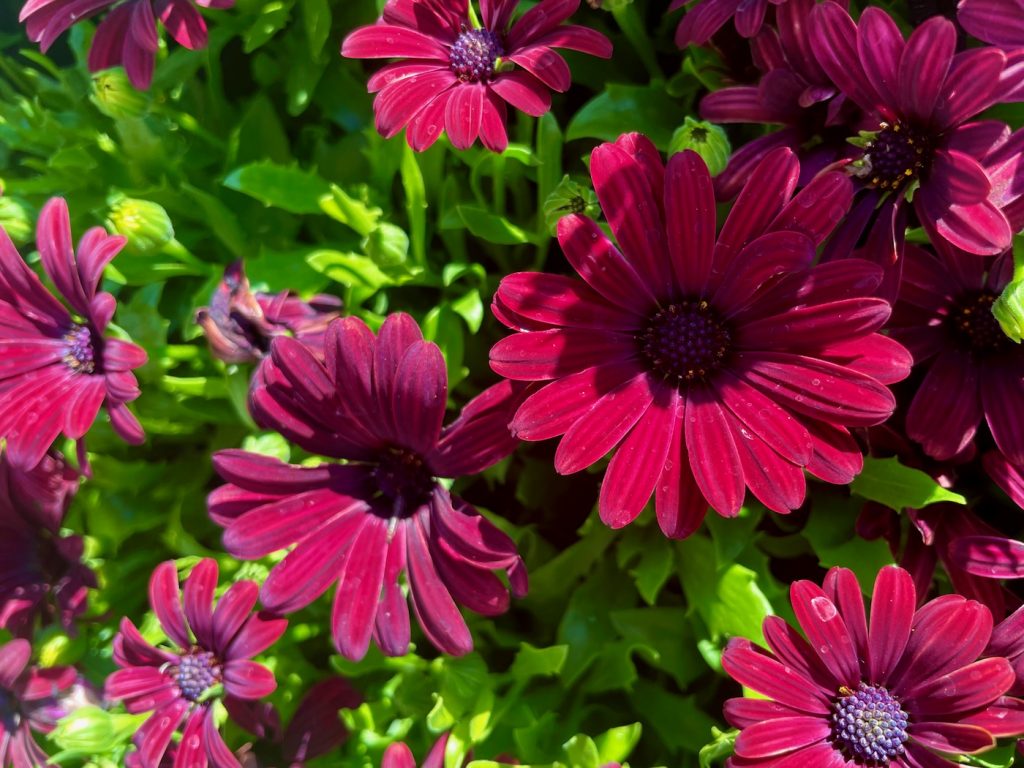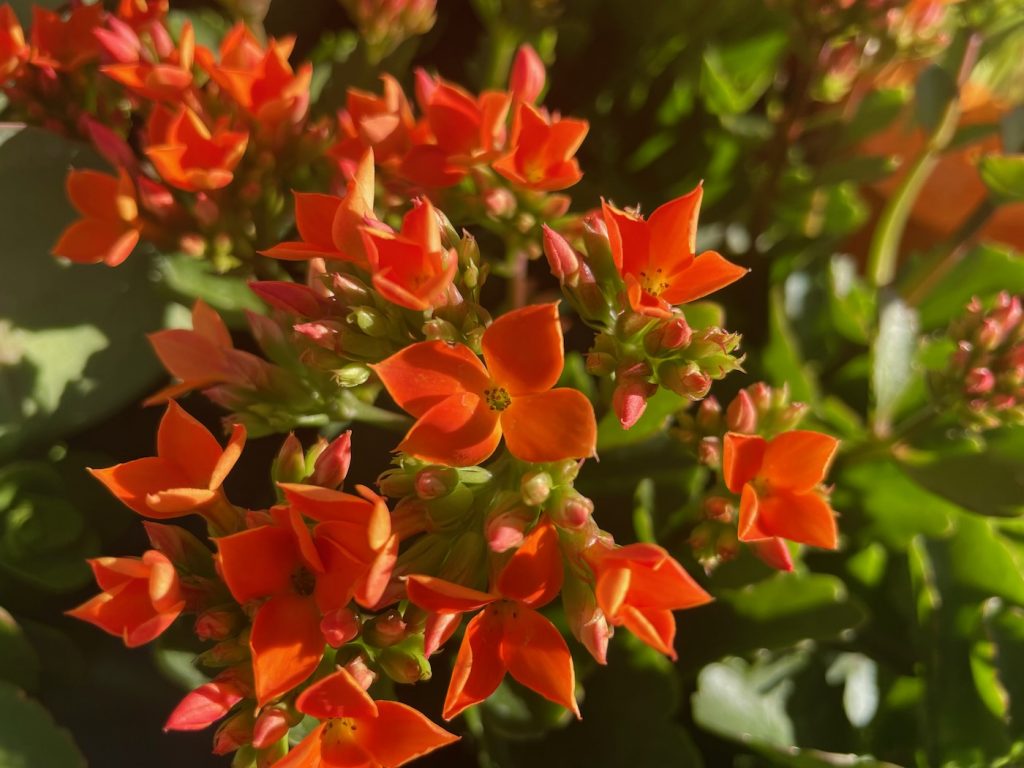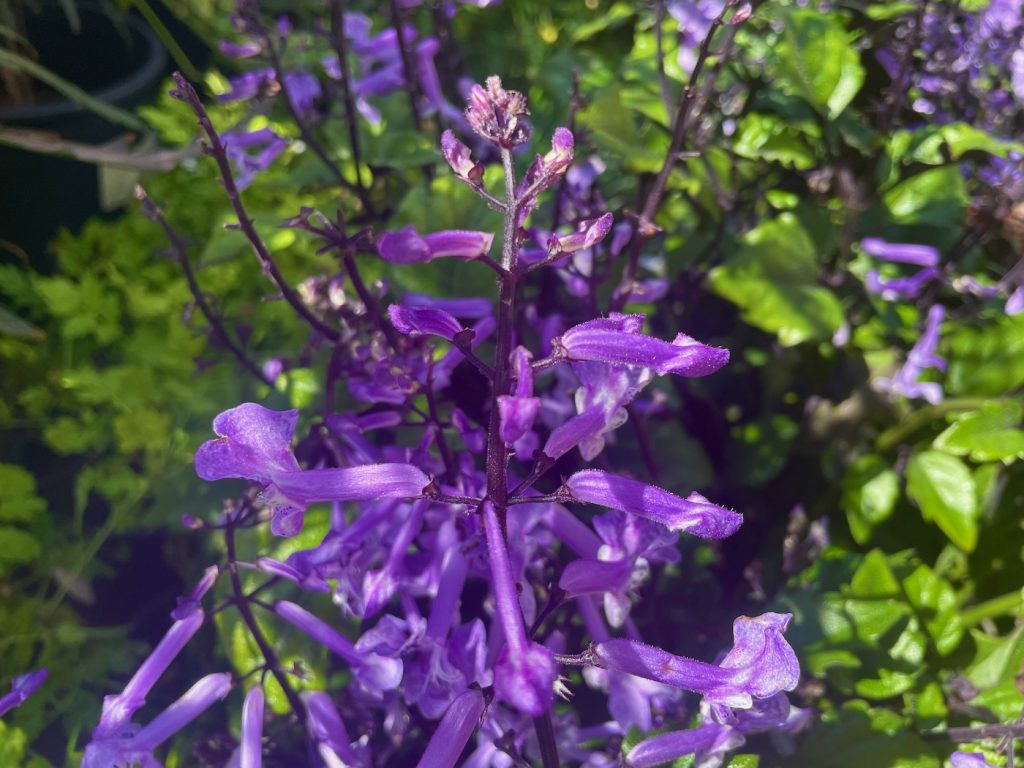Lunaria rediviva is a herbaceous perennial from the cabbage or Brassicaceae family of plants, and it is native to Europe. They also call it Perennial Honesty. Genus name is from the Latin “Luna” meaning moon probably due to the seed pods. “Rediviva” means “back to life”.
It is clump-forming and grows to 90cm or 3ft tall and grows on upright branching stems. The foliage is heart-shaped, toothed, and about 20cm or 8in long. Lunaria rediviva flowers in spring and early summer. The flowers appear in panicles. They are very pale pinkish or lilac, almost white looking. Flat elliptical seed pods follow the flowering season. These seedpods are popular for dried flower arrangements and are very decorative.
Lunaria rediviva is similar to the biennial species, Lunaria annua, however, it grows larger, the flowers are more fragrant, and the leaves are more toothed.
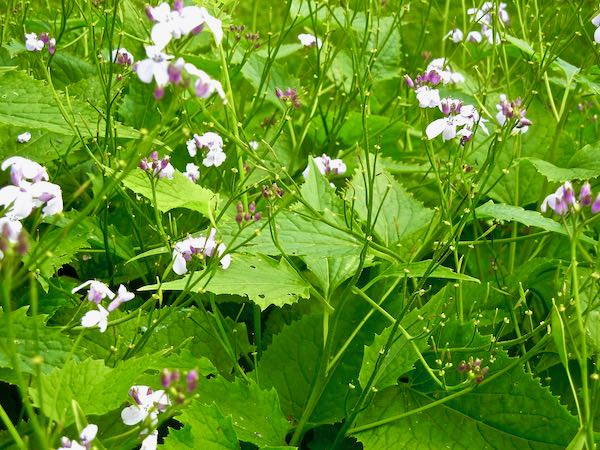
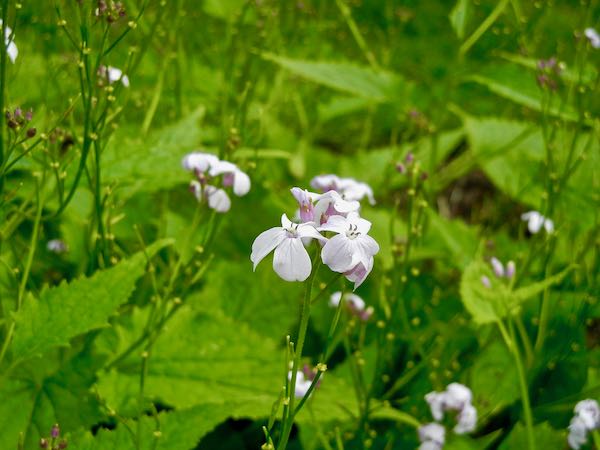
How to grow Lunaria rediviva:
Soil and Light Requirements: Lunaria rediviva, commonly known as Perennial Honesty, thrives in well-drained soil that is rich in organic matter. Plant it in a sunny location or provide light shade, especially during hot weather. Morning sun exposure is beneficial for optimal growth and flowering. Ensure the soil is consistently moist but not waterlogged to prevent root rot and other moisture-related issues.
Propagation and Self-Seeding: Lunaria rediviva can be propagated by both seed and division. In spring, collect the seeds from mature seedpods and sow them directly into the garden bed. Alternatively, you can start the seeds indoors a few weeks before the last frost and transplant the seedlings once they are sturdy enough. The division is another method of propagation, best done in early spring when the plant is just emerging from dormancy. Dig up the plant carefully, ensuring you have both roots and shoots, and separate it into smaller sections before replanting.
Maintenance and Pest Control: Lunaria rediviva is generally low-maintenance and pest-free. However, it is important to watch out for two common issues: clubroot and white blister. Clubroot is a fungal disease that affects the roots, leading to stunted growth and wilting. To prevent clubroot, avoid planting Lunaria rediviva in soil that has previously been affected by the disease. A white blister is another fungal disease that causes small, raised blisters on the leaves. To manage white blister, ensure good airflow around the plant and avoid overhead watering. If necessary, treat affected plants with appropriate fungicides or organic alternatives.
Self-Seeding and Spreading: Lunaria rediviva is known for its self-seeding nature. After the flowers fade, the plant develops characteristic seedpods that eventually dry out and turn papery. These seedpods add ornamental value to the plant and can be harvested for decorative purposes. If you prefer to control its spread, promptly remove the seedpods before they release the seeds. However, if you enjoy a naturalized look and want Lunaria rediviva to freely self-seed, allow the seedpods to mature and disperse the seeds naturally.
Additional Tips: To ensure the health and longevity of Lunaria rediviva, consider providing regular water during dry periods, especially in the early stages of growth. Apply a layer of organic mulch around the base of the plant to help conserve soil moisture, suppress weed growth, and insulate the roots during temperature fluctuations. Regularly inspect the plant for any signs of pests or diseases, and take appropriate action if needed.
By following these care instructions, you can successfully grow Lunaria rediviva in your garden. Its beautiful flowers, charming seedpods, and self-seeding nature add a touch of whimsy and allure to any landscape. Enjoy the vibrant presence of Perennial Honesty and the enchantment it brings to your outdoor space.
